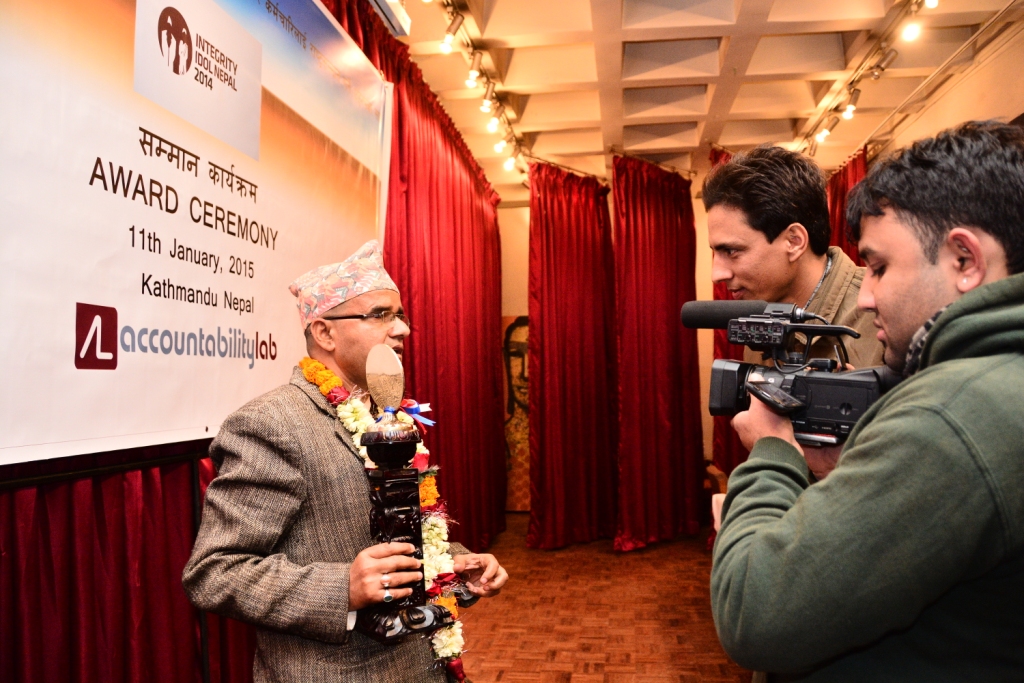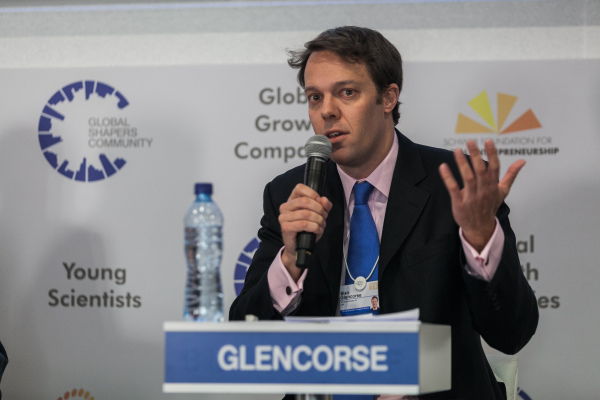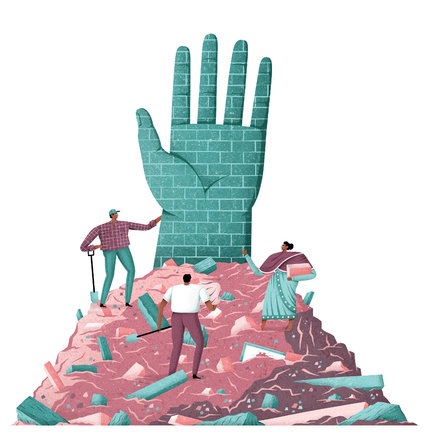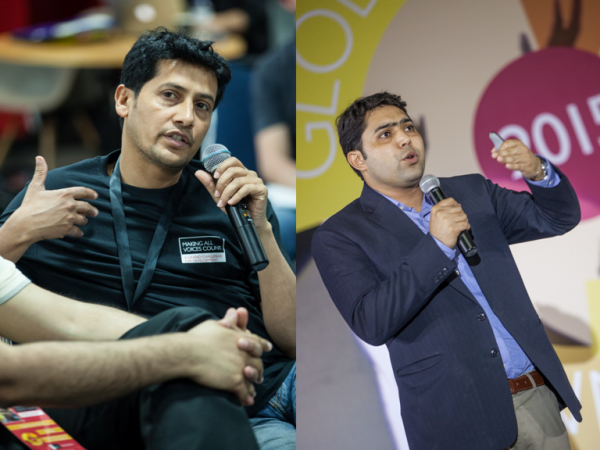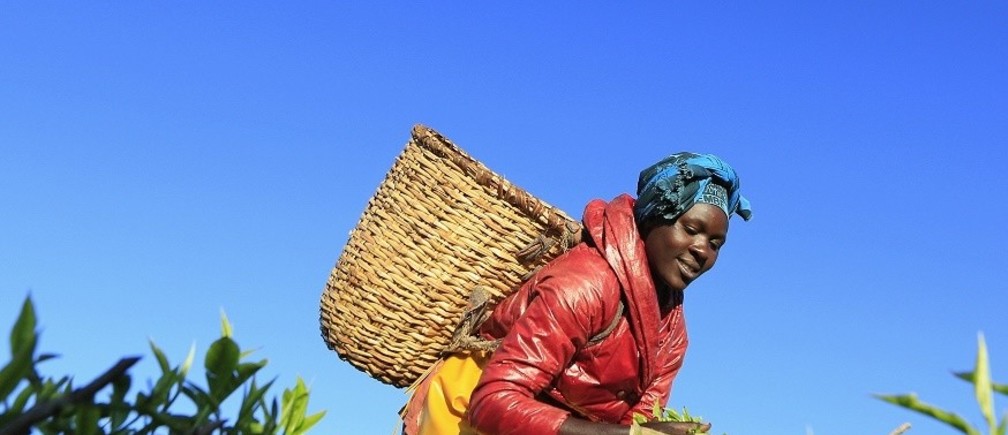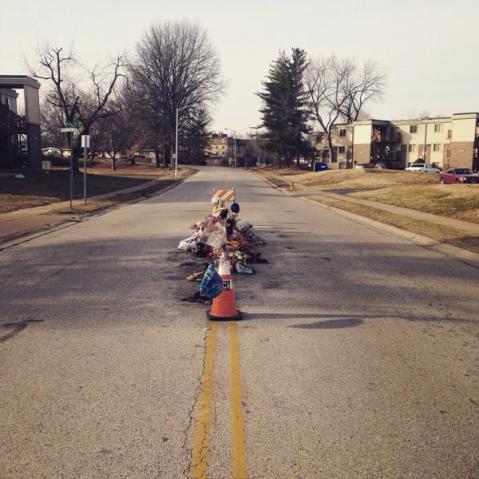Integrity Gets Great Ratings
Integrity Gets Great Ratings How Nepalis harnessed the power of reality TV to strike a blow against corruption. BY BLAIR GLENCORSE, SUMAN PARAJULI. Originally published in Foreign Policy. To Gyan Mani Nepal, the newly appointed head of education in Panchthar, a small and beautiful corner of far eastern Nepal, the situation in his school district was a depressing reminder of his own youth. Teacher absenteeism was as high as 90 percent; those who did come to work often showed up drunk. Others shook principals down for bribes just to come to their jobs. Schools were regularly shut down by political [...]

